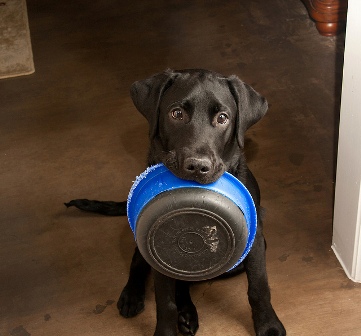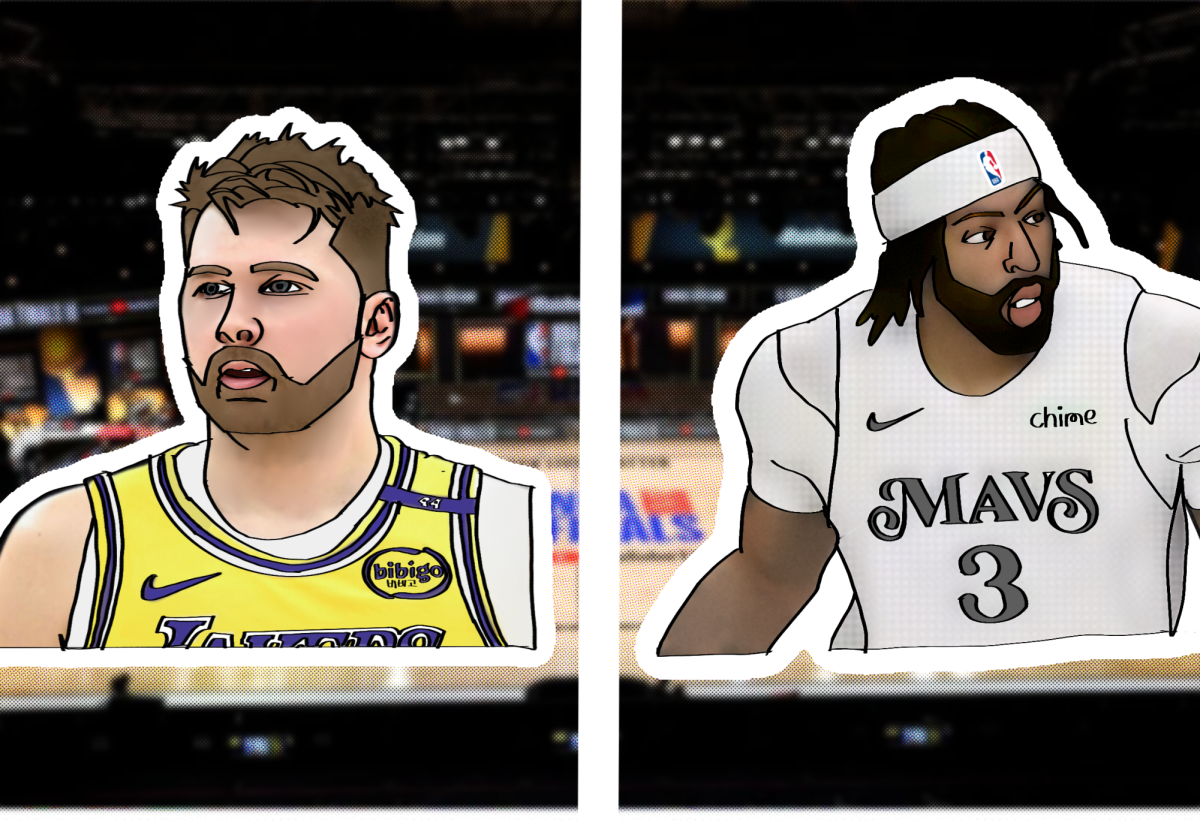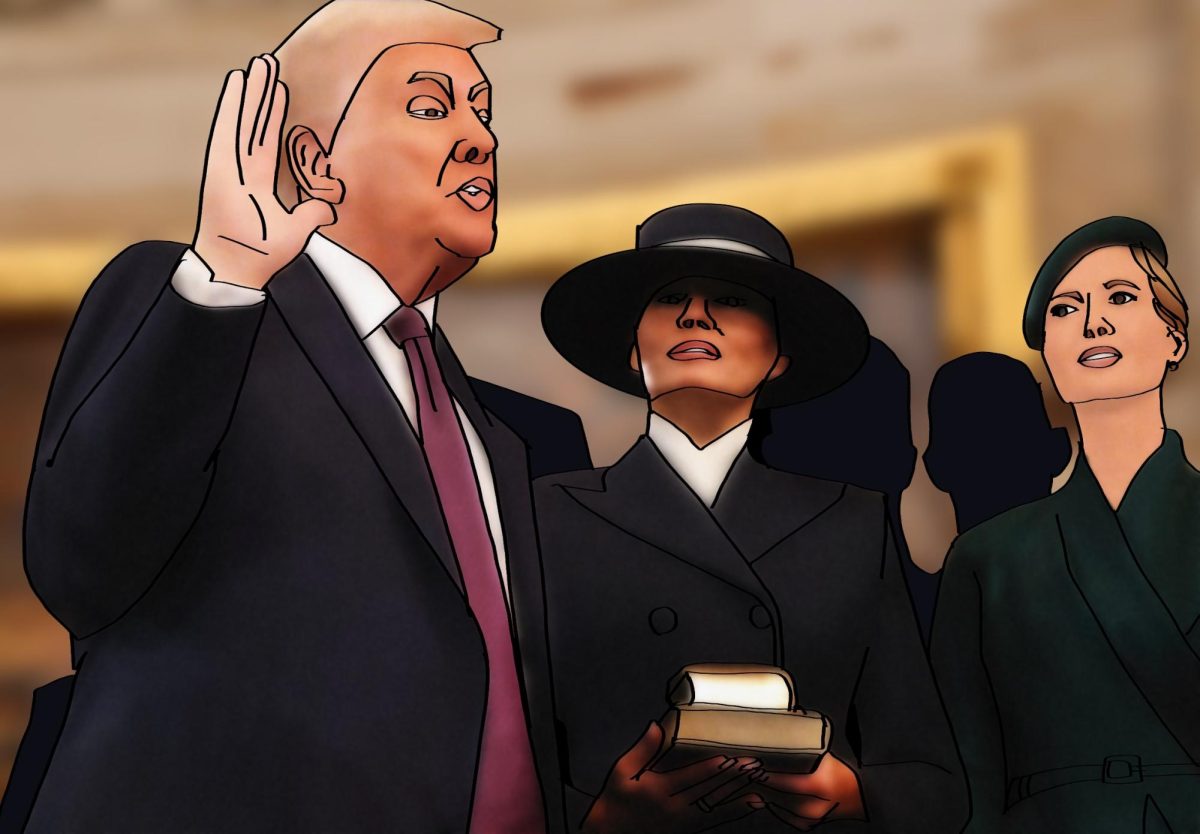Vegan Pets

https://www.flickr.com/photos/vmabney/6980919617/
Pets are very in tune with their bodies, so if they do not eat something, it might not just be because they’re picky eaters.
May 10, 2015
As humans have come to have more of an understanding of the world around them – intellectually, morally and ethically – our attitudes and habits have changed. One of these changed habits is that of our diet. Some people are starting to only eat foods that do not include meats and/or animal products. Known as vegans and vegetarians, these habits are sometimes passed down through families. Now, some vegans are even forcing their dietary restrictions on their pets. This interesting new practice has caused much debate, and has negative consequences on pets.
Some vegans have been using their dietary rules to restrict what their pets eat as well. As usual, these vegans are thinking about animal equality. They are thinking about the ethical justifications for veganism; they do not want to be the cause of the end of any life, and some vegans believe that having their pets not eat animal products makes their household or lifestyle cruelty free.
However, some have pointed out that by forcing an animal to do something, these people are still behaving immorally. Forcing an animal to go vegan can actually hurt it physically. Although dogs are omnivorous, meat is an essential part of their diets, unlike a human’s; cats are a different story, as they are strictly carnivorous. A lack of meat in some pets’ diets can strain their pancreases and cause injury. Most owners love their pets, and would never do anything intentional to hurt them, but by forcing a vegan diet on them, you could be killing them.
“Pets have different dietary needs than humans that can’t be fulfilled by going on a vegan diet. One problem is that pets need more protein and can’t get all of it without eating at least some meat,” freshman Yvana Cajina said.
There are strong reasons supporting both sides of this issue. Unfortunately, the welfare of the pets outweighs other moral reasons. People need to realize that all other forms of life are not the same as us, but should be treated equally. Animals generally know what it is best for them and should be listened to. So if your pet turns its nose up at its next meal, you might want to take a second look at what you are feeding them.











